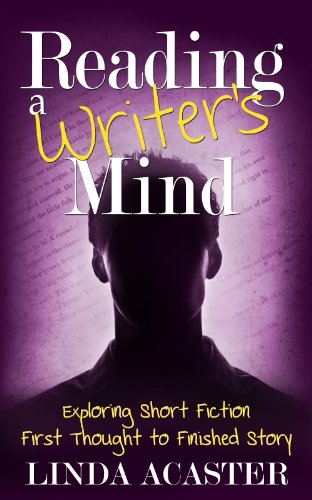For me, early music soprano, Georgia Pattison was born out
of my memories of singing with Worcester Festival Choral Society in the 70s and
early 80s, a time I regard as golden.
 It was a time when, as a member of the chorus and in Three
Choirs Festivals, I mixed with household names like Paul Tortelier, Sir Charles
Groves, Janet Baker and Lennox Berkeley. I sang in the 1981 Three Choirs
Festival, when 5 months pregnant. To the whole of the City of Birmingham
Symphony Orchestra, the ‘bump’ became Earnshaw because my husband was a
Yorkshireman.
It was a time when, as a member of the chorus and in Three
Choirs Festivals, I mixed with household names like Paul Tortelier, Sir Charles
Groves, Janet Baker and Lennox Berkeley. I sang in the 1981 Three Choirs
Festival, when 5 months pregnant. To the whole of the City of Birmingham
Symphony Orchestra, the ‘bump’ became Earnshaw because my husband was a
Yorkshireman.
‘How’s Earnshaw today?’
‘He wasn’t keen on the trumpets in the Berlioz, but apart
from that…’
We will gloss over the fact that ‘he’ turned out to be ‘she’.
From those memories, the Georgia Pattison Mysteries came
into being. It has become something of a fashion for writers to write an annual
Christmas novella or short story for their series character and it is popular
with readers.
So it isn’t surprising that my contemporary detective,
early-music soprano, Georgia Pattison is once more making a festive appearance.
This year, she is thrown into the midst of a school nativity play, with all its
joys and disasters. As you might guess, she discovers that peace and goodwill
to all men does not apply to murderers.
If you would like to read more about this year’s Christmas
novella, While Shepherds Watched, click here: https://authorapriltaylor.blogspot.com/
You can buy While Shepherds Watched here : mybook.to/Shepherds
You can buy While Shepherds Watched here : mybook.to/Shepherds
You can find out more about April Taylor and her books here: https://amzn.to/34zf90n
You can contact April Taylor:
Facebook: https://www.facebook.com/britwriterapriltaylor/ and Twitter: https://twitter.com/authAprilTaylor





























